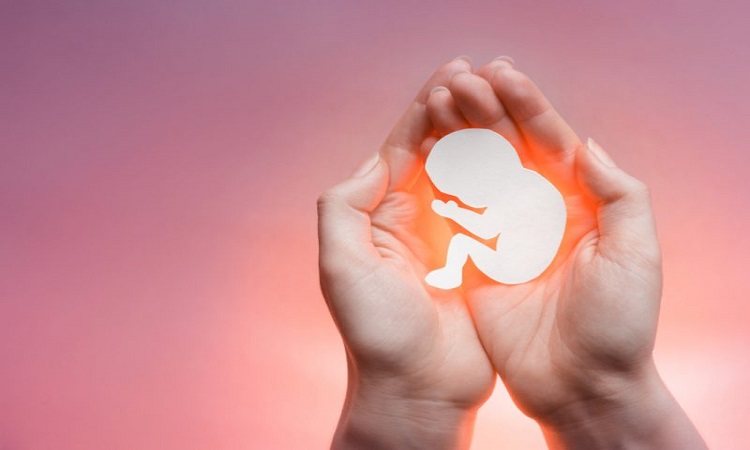
Washington: A new study has found that public attitudes about abortion are closely tied to both religious beliefs and attitudes about race. The study provides the first evidence of the strong relationship between racial attitudes and beliefs about abortion rights, and finds that this relationship has grown stronger in recent years. The study was published in the journal, 'Social Science Quarterly'.
"There's been plenty of historical analysis of the relationship between the pro-life movement and racial attitudes, but this is the first effort to demonstrate the clear, empirical relationship between racial attitudes and abortion attitudes," said Steven Green, co-author of the study and a professor of political science at North Carolina State University, adding, "And we found that the strength of this relationship has increased considerably in the past decade."
In other words, the researchers found that scoring highly on racial resentment is strongly associated with believing that abortion should be illegal. By the same token, people who had low scores on racial resentment were much less likely to believe abortion should be illegal. Racial resentment is a well-established, standardised scale that is used to measure attitudes toward Black people in the United States. The higher the score on the racial resentment scale, the less an individual believes in systemic racism and the legacy of slavery.
"Some have argued that evangelicals oppose abortion not simply because of their views on the sanctity of life, but due to racial resentment against government policies and other cultural shifts related to a broader movement towards greater racial equality," Greene said, adding, "We wanted to explore this possible relationship, as it has only become more important to understand these attitudes in the wake of the Dobbs decision."
In June 2022, the U.S. Supreme Court ruled in Dobbs v. Jackson Women's Health Organization that abortion is not a constitutional right, allowing states to impose restrictions on abortion and access to related medical care. For this study, researchers drew on data from two nationally representative surveys conducted in 2020: the American National Election Study (ANES) and the Public Religion Research Institute American Values Survey. Both surveys asked respondents questions related to their attitudes about abortion, racial resentment and religious beliefs, in addition to other demographic and political information.
"One of the things that really stood out to us was that the relationship between racial resentment and abortion attitudes was remarkably strong regardless of an individual's partisan affiliation and political beliefs," Greene said, adding, "For example, conservative Republicans who had low racial resentment scores were substantially more likely to support abortion rights than their fellow conservative Republicans."
To get a handle on how the relationship between racial resentment and abortion attitudes has changed over time, the researchers looked at ANES survey data from 2000, 2004, 2008, 2012 and 2016, as well as the 2020 data. From 2000 through 2008, the researchers found no statistically significant relationship between racial resentment and abortion rights attitudes. The relationship first showed up in 2012, and grew significantly stronger through 2016 and 2020. "Ultimately, we found that religious beliefs are absolutely a factor in whether people think abortion should be legal," Greene said, adding, "However, the evidence strongly suggests that racial attitudes are also closely tied to how people view abortion."
"In essence, the data tell us that beliefs about abortion rights are closely tied to beliefs about racial justice issues," Greene said, adding, "Understanding this relationship offers a lens through which to view the ongoing political debates about these issues both on the national stage and in state legislatures across the country."
"It will be fascinating to see how the relationship between racial attitudes, religion and abortion continues to evolve in the post-Dobbs era," said Laurel Elder, corresponding author of the paper and professor of political science at Hartwick College, adding, "This is one of the things we hope to explore in our current book project, Public Opinion on Abortion in Post-Roe America." (ANI)







